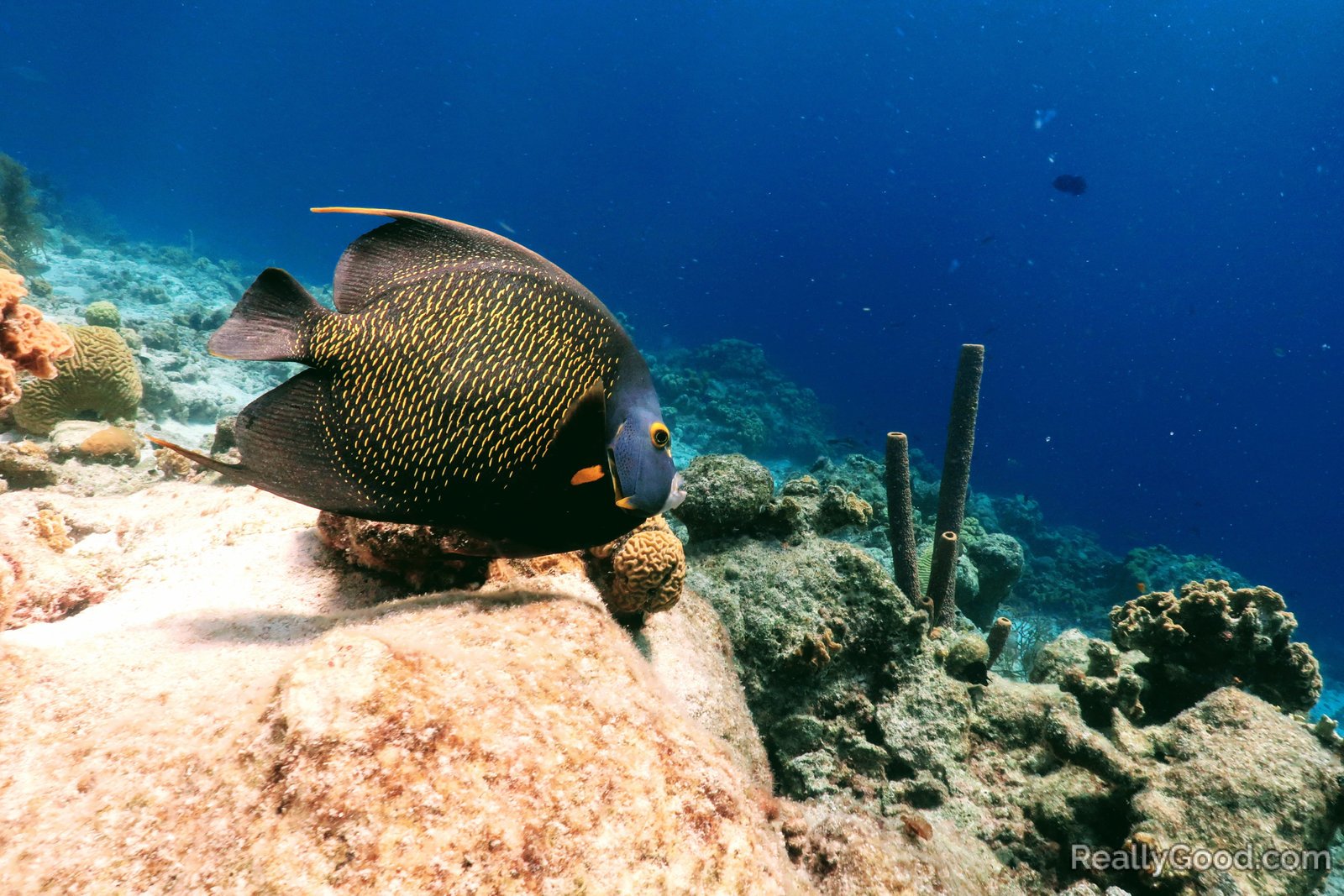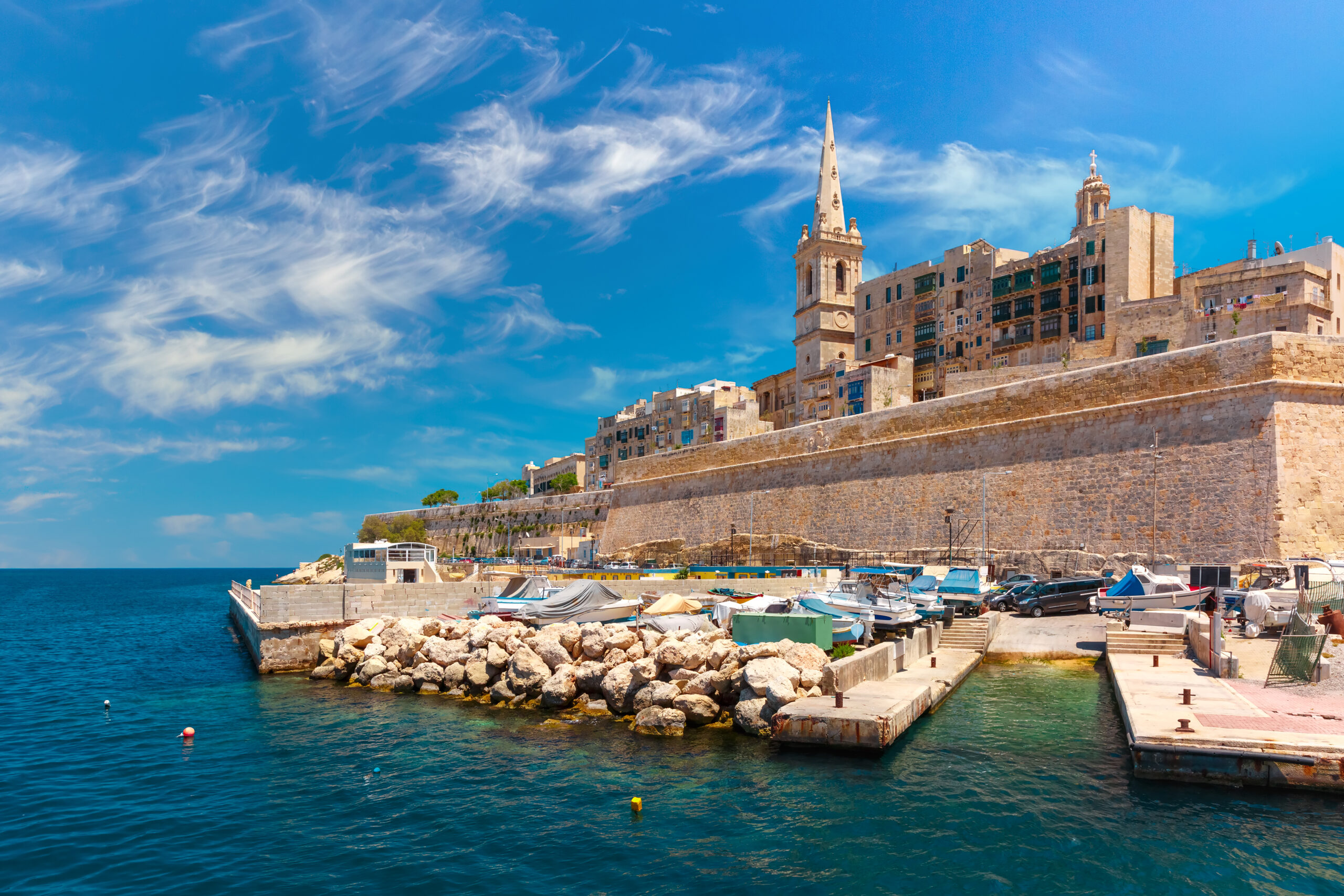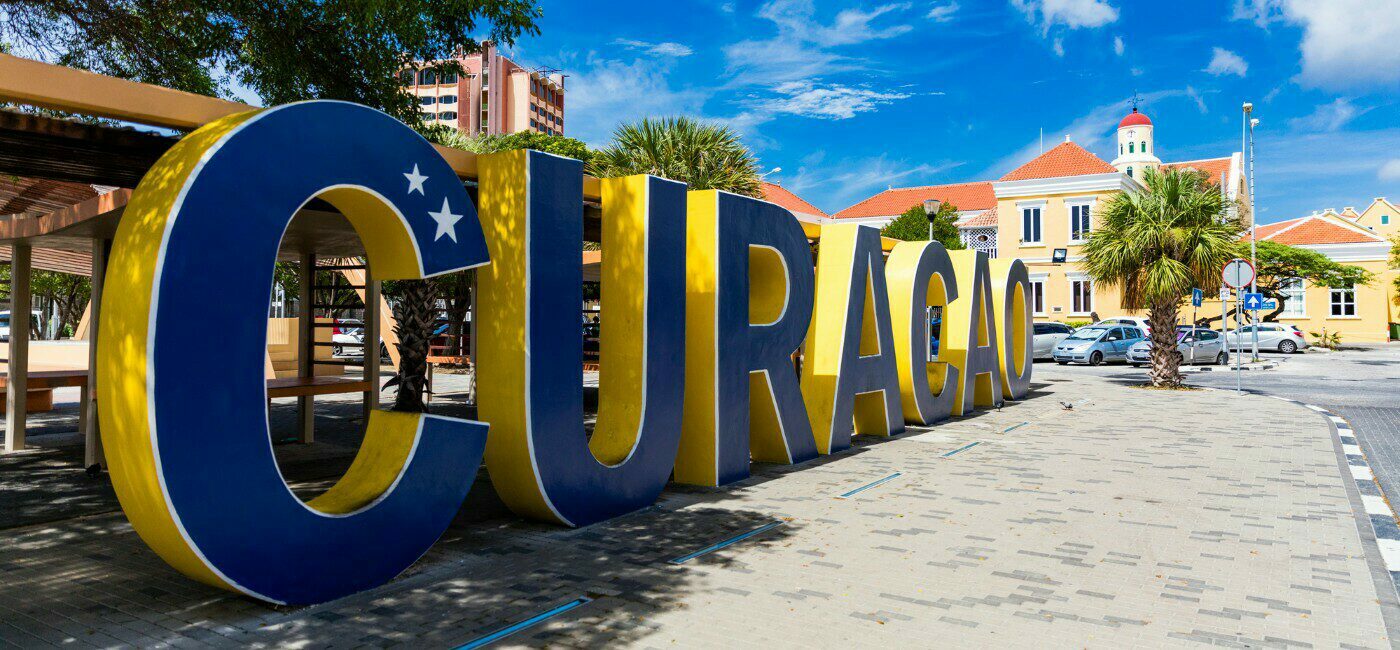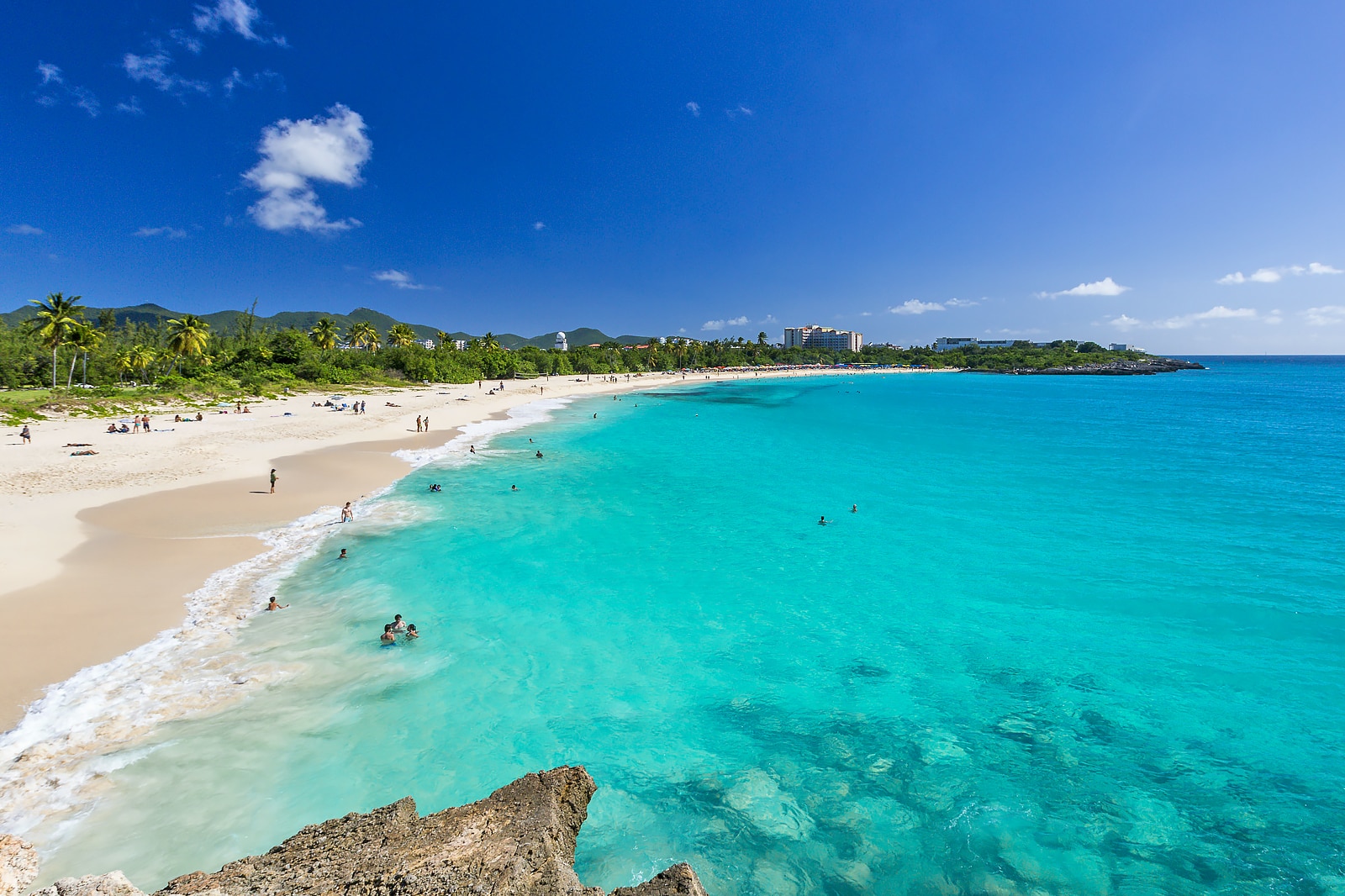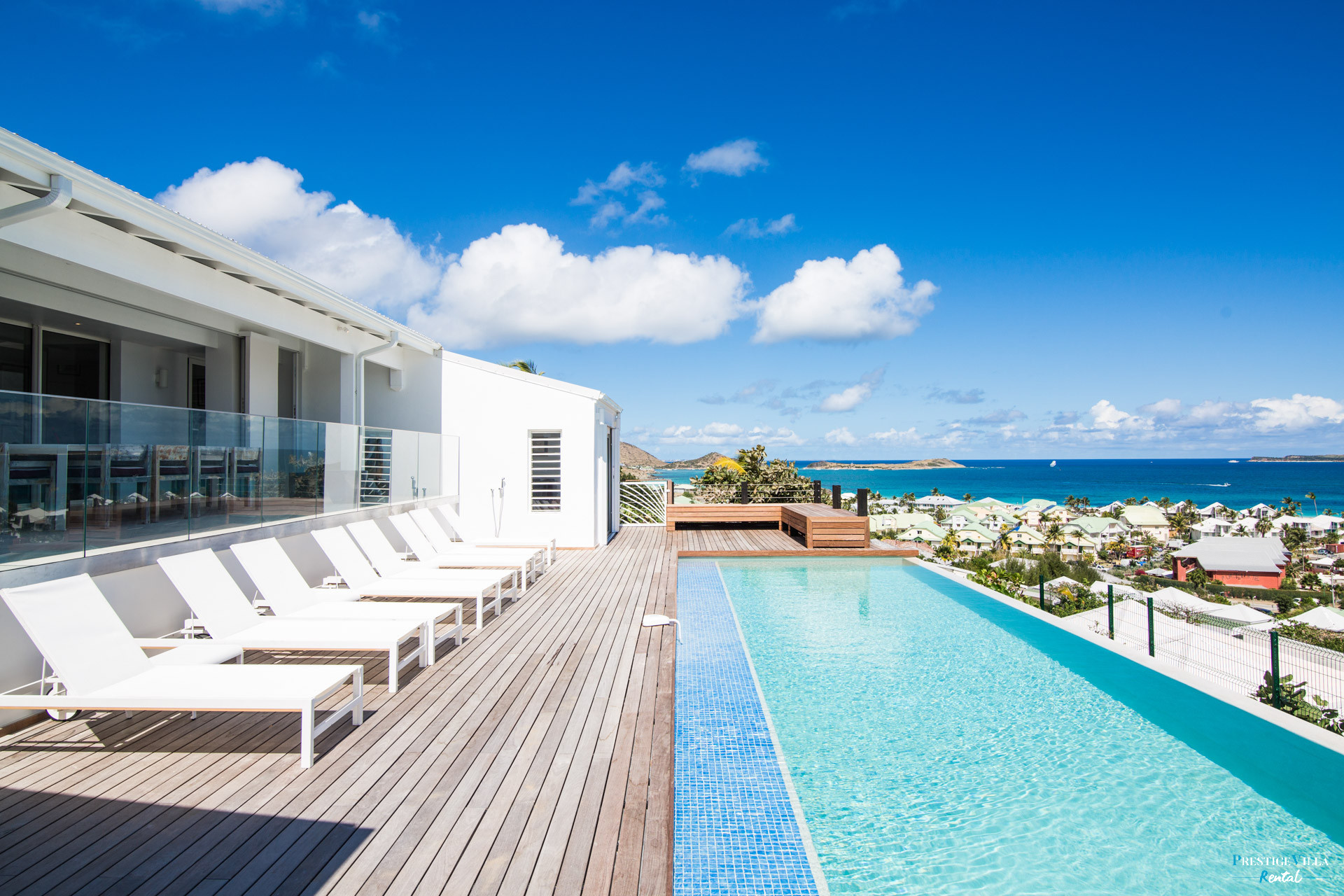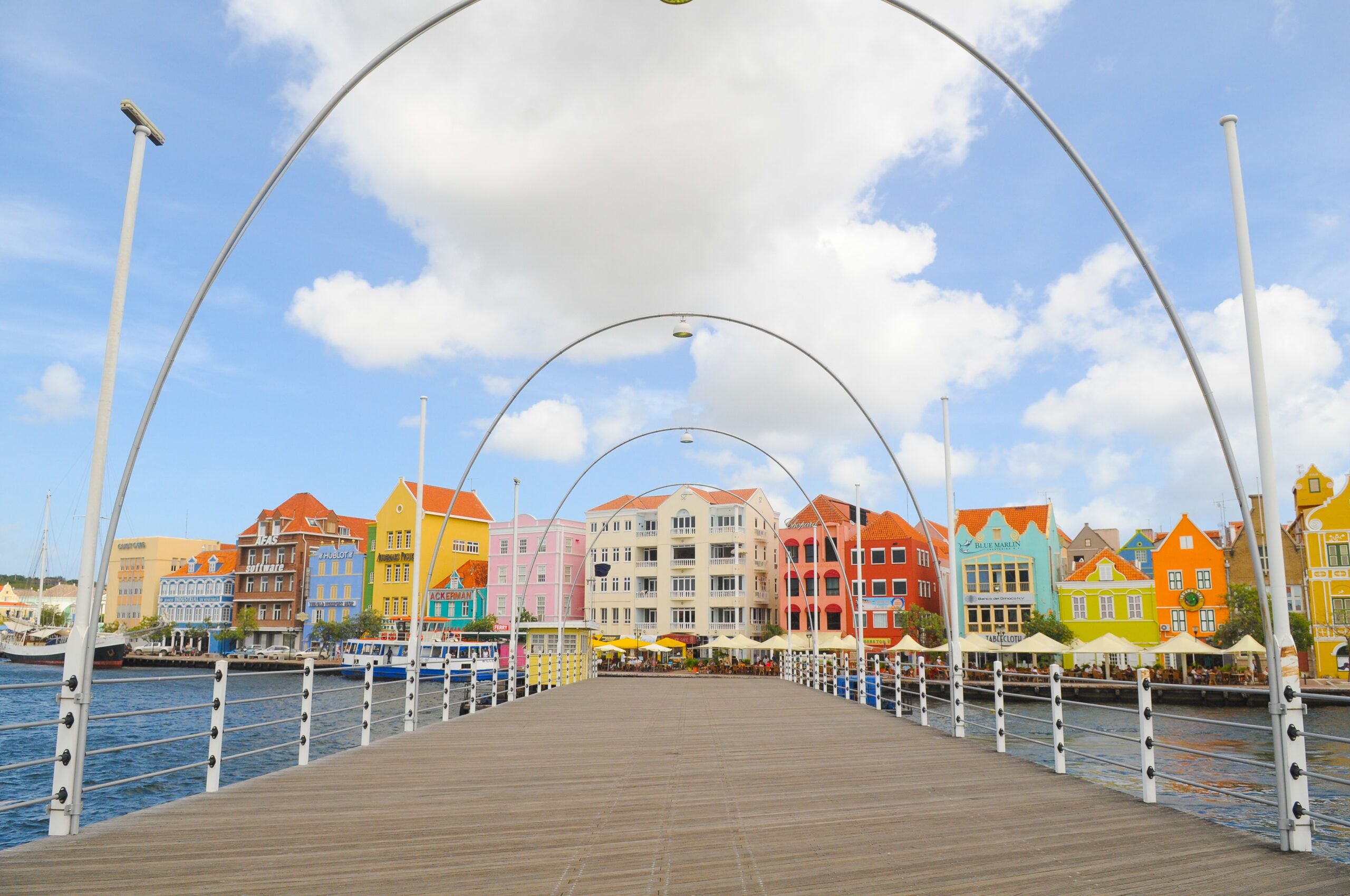On December 17, 2024, the Director of Fiscal Affairs extended the policy on the temporary relaxation of its policy regarding the tax incentive for investors (Tax Holiday) until December 31, 2025. This policy, aimed at land development projects, provides investors the opportunity to benefit from a relaxed scheme intended to stimulate investments and promote foreign visitor traffic to Curaçao.
Tax Facts
Belastingwet BES 2025
The legislative process for the Belastingplan BES 2025 began with the submission of the initial proposal in November 2024, followed by debates and amendments in the Dutch Parliament (“Eerste en Tweede Kamer”).
NEWSFLASH: Urgent Tax Deadlines Announced by Minister of Finance
The Departamento di Impuesto (“DIMP”) is rolling out a digital makeover to simplify how you file your profit tax returns. Starting from the 2023 tax year, everything goes digital. No more shuffling through stacks of forms. Now, you can handle your profit tax returns entirely online. And the best part? You can get started on May 16th, 2024, when the digital forms for the 2023 tax year hit the DIMP website's digital tax declaration portal, "BO impuesto" (or "Boi" for short). This move isn't just about saving trees; it's about making your life easier. So mark your calendars and get ready to embrace the digital age of tax filing!
Digitalization of Income Tax (Suriname)
As of January 1 2025, income tax in Suriname will be fully facilitated digitally via the online portal of the Tax Authorities. This important development marks a new phase in the modernization of the Surinamese tax system.
The Senate has treated the approval bill concerning the DOUBLE tax treaty between the Kingdom of the Netherlands, for the benefit of Curaçao, and Malta during a plenary session on July 9th, 2024. The main features of the double tax treaty are outlined in the article.
The Final Date for Submitting the Final Profit Tax Return for the Year 2023 has been Extended (Aruba)
At the request of the Association of Tax Advisors, the Tax Department has decided to give taxpayers a bit more time due to the introduction of the new digital form. The final date for submitting the final profit tax return for the year 2023 and paying the tax due has been extended to July 31st, 2024 (originally July 1st, 2024).
The Registration of the UBO
On June 8th, 2024, the National Decree related to the registration of the Ultimate Beneficial Owner (“UBO”), known in Dutch as "Landsbesluit UBO-registratie," entered into force.
The Minimum Tax Legislation in Caribbean Netherlands
On January 1st, 2024 the new legislation regarding the Minimum Tax has entered into force in Caribbean Netherlands. The aim of the Minimum Tax is to achieve a global minimum level of taxation for large multinational groups. The Minimum Tax also aims to ensure that firms and entities pay a minimum amount of tax, regardless of their tax planning or use of tax advantages.
Clarification on avoidance of double taxation in social insurance premiums levies – Sint Maarten
In the year 2011 the tax legislator of Sint Maarten revised the TOT Ordinance and introduced the so-called reverse charge mechanism. The implementation of these amendments made it possible for the tax authorities to collect TOT due on services rendered by foreign service providers to Sint Maarten based consumers (businesses).
The Departamento di Impuesto (“DIMP”) is rolling out a digital makeover to simplify how you file your profit tax returns. Starting from the 2023 tax year, everything goes digital. No more shuffling through stacks of forms. Now, you can handle your profit tax returns entirely online. And the best part? You can get started on May 16th, 2024, when the digital forms for the 2023 tax year hit the DIMP website's digital tax declaration portal, "BO impuesto" (or "Boi" for short). This move isn't just about saving trees; it's about making your life easier. So mark your calendars and get ready to embrace the digital age of tax filing!
Convictions to suspended prison sentences – Curaçao
The Sector Director of Fiscal Affairs issued a policy on January 10th, 2024, regarding the temporary tightening of criminal prosecution for failure to file profit tax returns. With a press release, the Ministry of Finance/the Tax Administration of Curaçao has announced several policy changes regarding the levy of profit tax. The press release was posted on the personal Facebook page of the Minister of Finance, Mr. mr. drs. Javier Fransisco Antonio Silvania (Javier Silvania).
A Stricter Prosecution – Profit Tax Returns Curaçao
The Sector Director of Fiscal Affairs issued a policy on January 10th, 2024, regarding the temporary tightening of criminal prosecution for failure to file profit tax returns. With a press release, the Ministry of Finance/the Tax Administration of Curaçao has announced several policy changes regarding the levy of profit tax. The press release was posted on the personal Facebook page of the Minister of Finance, Mr. mr. drs. Javier Fransisco Antonio Silvania (Javier Silvania).
Tax Free Shopping (Curaçao)
On October 10, 2010, Bonaire, St. Eustatius and Saba became part of the Netherlands as special municipalities. At that time a new tax regime was introduced for the BES-islands, also referred to as the Caribbean Netherlands. Over the years the tax system has remained broadly the same despite indications that amendments were required.
The Curacao SPF explained
The SPF is a legal entity that must be established by deed executed before a civil law notary. As the SPF is a legal entity, it can independently possess assets and liabilities. Assets, including real estate, contributed to the SPF are in principle no longer part of the founder's estate.
Real Estate Tax Reporting Obligation in the Caribbean Netherlands
The Tax Plan for the Caribbean Netherlands (“BES Islands” or “Bonaire, Sint Eustatius and Saba”) 2024, also known as "Belastingplan BES eilanden 2024", brings about a new requirement regarding real estate tax. AThe Tax Plan for the Caribbean Netherlands (“BES Islands” or “Bonaire, Sint Eustatius and Saba”) 2024, also known as "Belastingplan BES eilanden 2024", brings about a new requirement regarding real estate tax.
Tax Incentive for Investors
Based on the National Ordinance tax facilities for investments (in Dutch: “Landsverordening belastingfaciliteiten investeringen”), investors can be granted tax facilities under certain conditions. The latter is the so-called “Tax Holiday”. For the application hereof, a formal written request must be submitted to Sector Fiscal Affairs of the Ministry of Finance of Curacao.
Sint Maarten turnover tax consequences of cross-border service transactions
In the year 2011 the tax legislator of Sint Maarten revised the TOT Ordinance and introduced the so-called reverse charge mechanism. The implementation of these amendments made it possible for the tax authorities to collect TOT due on services rendered by foreign service providers to Sint Maarten based consumers (businesses).
2024 BES Tax Plan
On October 10, 2010, Bonaire, St. Eustatius and Saba became part of the Netherlands as special municipalities. At that time a new tax regime was introduced for the BES-islands, also referred to as the Caribbean Netherlands. Over the years the tax system has remained broadly the same despite indications that amendments were required.
The Tax-Exempt Company in Sint-Maarten – To Be Abolished
The abolishment of this tax regime can have significant impact for dividend income declared by shareholders of Tax-Exempt Companies. Furthermore, it should be verified if the assets currently held by the Tax-Exempt Company can be held by another legal entity without unnecessary tax exposure.
The Sint Maarten Private Foundation
The Private Fund Foundation (also known as the Sint Maarten Private Fund Foundation and abbreviated as PFF) is a special variant of a foundation with some notable differences that make it attractive for various purposes, including asset protection and investment.
The option for employees working remotely has been increasing in popularity worldwide. Besides the boom of self-employed “Digital Nomads” larger corporations and multinationals are also allowing their workers to work remotely in other countries. As a tropical destination with an all-year-round attractive climate, Sint Maarten also welcomes the remote workers to its shores.
Tax considerations arising from IFRS 17
IFRS 17 is the newest accounting standard for insurance contracts and replaces IFRS 4. IFRS 17 becomes effective for annual periods beginning on or after January 1st, 2023. It can be considered as one of the most significant accounting changes for insurance companies of the past decade, with a broad impact on the operational, financial, tax and reporting functions of insurance companies.
Country-by-Country Reporting – Fifth annual Peer Review Report concerning Aruba and Curaçao
The Organization for Economic Co-operation and Development (“OECD”) collaborates with governments to develop policy standards to promote sustainable economic growth. In this context, the OECD ramped up efforts to address challenges in response to growing public and political concerns about tax avoidance by large multinationals.
In recent years, the focus was to make sure that the Curaçao tax system is in line with internationally accepted standards. Partly in this context, the National Decree for avoidance of double taxation (hereinafter referred to as: “National Decree” or “regulation”) has been introduced.
Temporary regulation tax free shopping
The Minister of Finance of Curaçao has published a Ministerial Decree, with general effect as of October 3rd, 2021, containing the extension of the regulation regarding tax-free shopping. The regulation has been extended by two years until October 5th, 2023.


